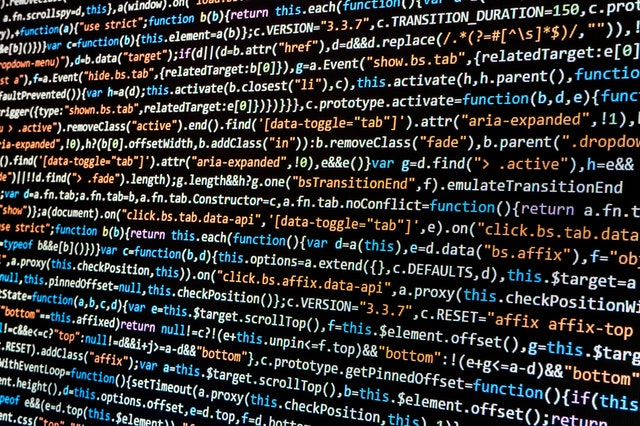Author: Ryan Williamson
The varying needs of patients and the growing need for better management of healthcare have driven companies to look for answers and help from technology. Suffice it to say that technology answered the call and how! While there are plenty of technology-driven resources that offer quality help. None has proven to be quite as potent as the Internet of Things, which is essentially a network of devices connected via the internet. In the context of healthcare, it empowers healthcare providers with the ability to utilize data gathered from different devices, sensors, etc. to achieve impactful results at every single step.
Starting from early diagnosis to remotely monitoring patients’ healthcare statistics, IoT has encouraged and enabled a world of positive and helpful change in the sector. Some of these have been listed below to help you better understand the benefits of IoT in healthcare.
- Medicine and dose management: As any doctor will tell you, the regular intake of medicine underpins a treatment plan’s effectiveness. One way to ensure that patients do that, i.e., don’t fall behind on their medicine intake, take the proper prescribed dose, etc., is with IoT. IoT-enabled healthcare tools enable professionals to remotely regulate the amount of medicine patients take and keep an eye on the treatment plan’s dose and efficacy. So, when the patient is about to miss a dose, a reminder can be sent out or the project adjusted to achieve better effectiveness.
- Automation of healthcare: As mentioned above, healthcare is an elaborate and complicated process that is brimming with a world of mundane tasks. With IoT, facilities can automate these daily administrative tasks that do not necessarily need human intervention. Plus, they can also be used to analyze the data that passes through these systems and monitor changes in patients’ health.
- Reduced costs: While healthcare is critical, the unfortunate truth is that it can be quite expensive and that too for both providers and patients. IoT can help both parties in the equation in this regard. How? Well, by allowing non-critical patients to consult doctors without needing to travel to the facility. It also helps streamline management systems, databases and more that can go a long way in cutting hospitals’ costs.
While this is all great, one must not dive in headfirst without first taking the time to acquaint themselves with IoT challenges in healthcare. Take data security; for example, there is an abundance of most sensitive data involved, translating into data security risks. Then there are the integration challenges since the entire concept is underpinned by the idea that different systems and devices are connected to each other.
There is no denying that healthcare IoT has a world of benefits to offer. But suppose you genuinely want to leverage its potential. In that case, we recommend carefully strategizing the development of your healthcare software solution to ensure you can overcome the associated challenges, such as the ones listed above.
